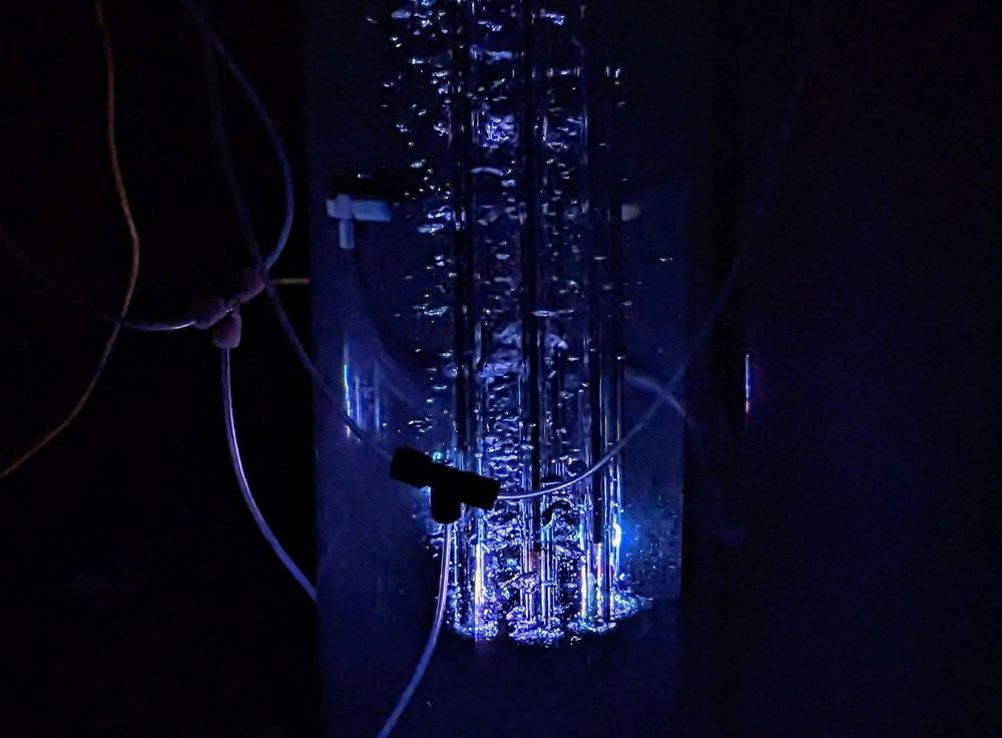Global landfill is estimated to produce 10–20 million tonnes of greenhouse gases (GHG) per year, comparable to the emissions of the global energy sector according to some studies. While landfills emit a mix of CO2 and methane, the latter is a significantly more potent GHG, giving a warming effect around 80 times that of CO2 over its first 20 years in the atmosphere.
Related content
“Globally, landfills are a major emitter of greenhouse gases, mainly a mixture of CO2 and methane,” said Professor PJ Cullen from the University of Sydney’s School of Chemical and Biomolecular Engineering and Net Zero Initiative. “We have developed a process that would take these gases and convert them into fuels, targeting sectors that are difficult to electrify, like aviation.”
“Modern landfill facilities already capture, upgrade and combust their gas emissions for electricity generation, however, our process creates a much more environmentally impactful and commercially valuable product.”
The Sydney team’s method works by extracting methane from a landfill site, known as a methane well, which uses a shaft-like mechanism to extract the gas. Using a technique known as ‘Non-Thermal Plasma-Driven Biogas Upcycling’, methane is reacted with plasma to produce more complex, long-chain hydrocarbons such as jet fuel. The research is published in the Journal of the American Chemical Society.
“Non-thermal plasma is an electricity-driven technology which can excite gas at both a low temperature and atmospheric pressure,” said Professor Cullen, the study's lead author.

“Essentially, what this means is this approach facilitates the conversion of the gas into value-added products by inducing plasma discharge within forming gas bubbles. The process doesn’t require heat or pressure, meaning it requires less energy, making it highly compatible with renewable energy power sources.”
Professor Cullen and study co-authors Emma Lovell and Tianqi Zhang hold positions at PlasmaLeap Technologies, the supplier of the plasma system employed to generate plasma bubbles in the study.











Invinity to build 20MWh flow battery in UK
Redux flow cells have had nowhere near the R+D effort compared to Lithium ion. They certainly have the potential (pun not intended) for longer...